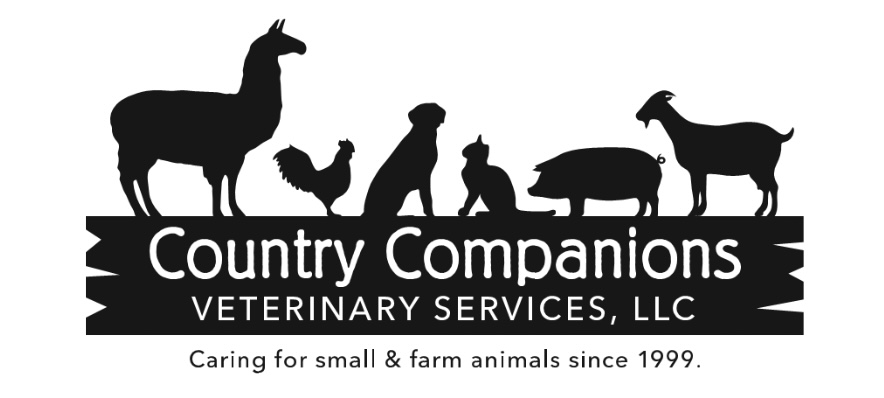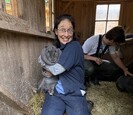Ready for snow to fly…
I love
the fall… the crisp feel to the air in
the mornings, on my runs, the smell of fallen leaves and wood smoke from a
fireplace and baking apple caramel blondies are a few of may favorite things. I do become a little apprehensive at this
time as now the pressure is on to get my animals ready before that first
snow.
I have
a small flock of chickens, 5 pet Nigerian Dwarf goats and 2 pet pigs. They are all easy keepers and I love to take
a cup of coffee or a cold beer and sit outside while my girls (the hens) free
range. They can’t be loose unless I am
out as we have a fox den very close by and LOTS of hawks and owls. I want to share with you what winter prep for
my animals looks like as it may help you prevent some problems with your own
flocks and herds.
One of
my first projects is to clean out my barn and pack it with 15-20 bales of hay
which will get me through a few months.
If I know snow is coming, I may top this off to be sure I am set for a
bit. I clean out the goats’ pen as I
don’t clean it out during the winter as it insulates and provides some heat to
leave deeper bedding. I do the same with
the chickens, except I do try to turn the bedding periodically to keep it dried
out. For both I use pine shavings. I don’t like straw as I feel it holds the
moisture too much and moisture will lead to several health issues.
This is
usually the time I put a light on a timer in my chicken coop to encourage my
girls to lay. I do give them a month
with no lights as they molt (lose feathers) to allow their bodies to recover
before I set the light. Hens need 12-16
hours of light to lay so I set my light timer (I use one that screws into the
bulb socket that can be set for 1,3 or 5 hours) to extend the shrinking natural
daylight hours. I did this 2 weeks ago
and am patiently waiting for the girls to start again, which should be
soon. I really hate buying eggs! Hens also need plenty of fresh water and feed
to lay so be sure both are available. I
also wrap my run on 2 sides with tarps so that 3 sides are covered (one by my
coop). This gives them plenty of
ventilation but protects the run from most snow and wind.
I have
also pulled out my heated waterers to be sure they work before needed. The goats and pigs share a heated bucket that
is in the barn and for the chickens, I prefer one that goes under the
waterer.
This is
also the time of year where I increase feed to my animals. I have a half acre fenced pasture where my
goats and pigs are so all summer, they have grass and brush to eat. The goats clean the fence line that borders
my neighbors horse pasture and I really should take them over to clean the
other side! As the pasture dies back, I start feeding hay first just in the AM
then as part of their pm feeding as well.
During the summer, my goats and pigs get grain in the AM and this time
of year, I gradually add back in a PM feeding as well as their caloric needs
increase with the cold weather. Grain
should be tailored to your animals’ specific needs such as I almost never feed
grain to wethers (castrated males) and does (females) who are bred have
specific needs.























